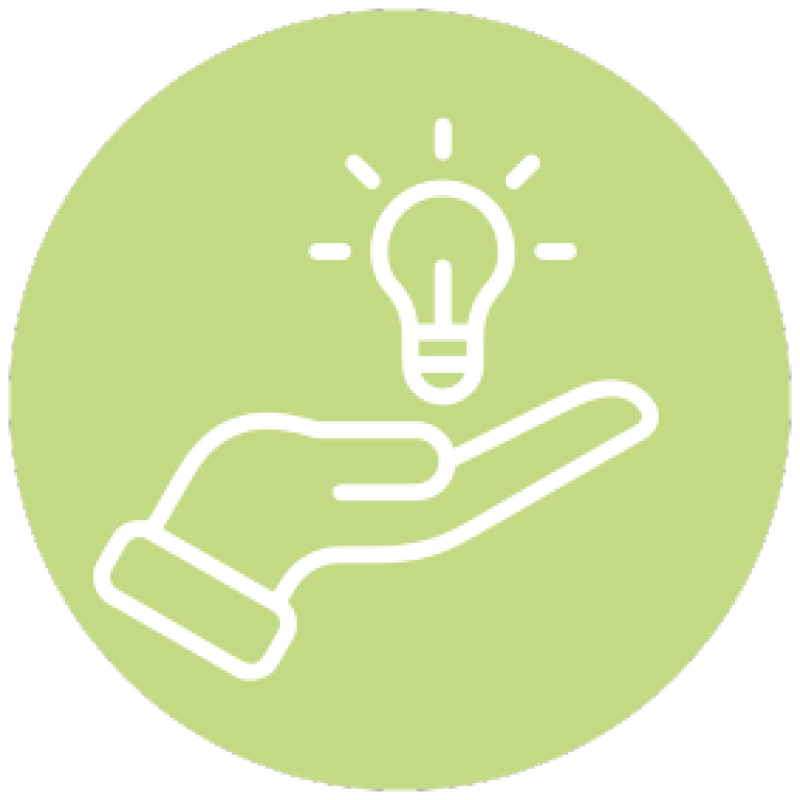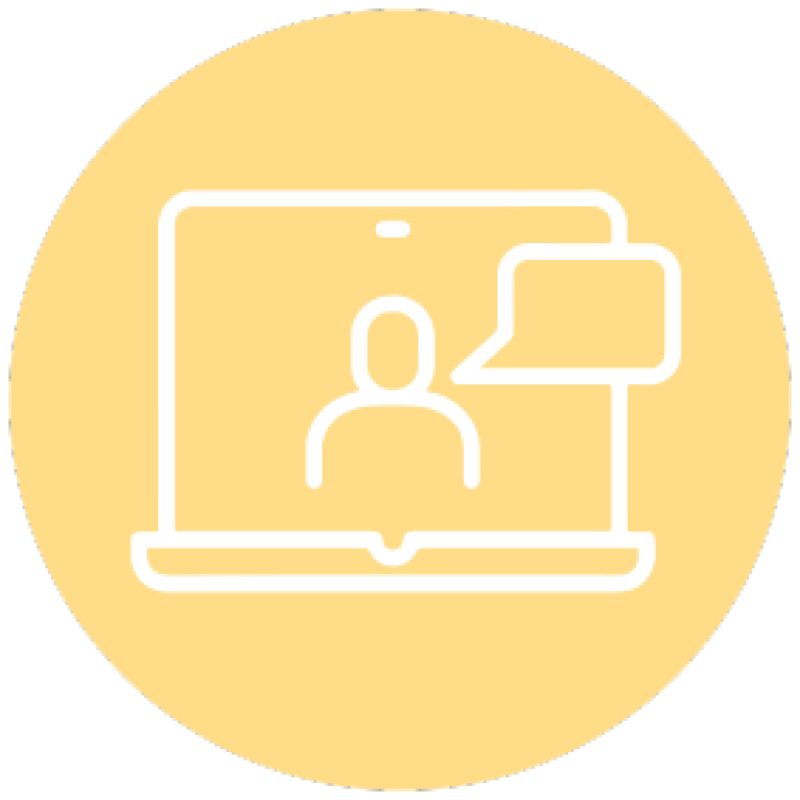Hassan II University of Casablanca, Morocco, 25-27 March 2026
Context and objectives
CIVIS Alliance—a network of 17 research-intensive universities from Europe and Africa—embodies this commitment. Through shared academic missions, CIVIS promotes collaborative research-driven education focused on shared societal issues. This effort aligns with broader frameworks such as the African Union-European Union Joint Vision for 2030 and the AU-EU Innovation Agenda, both of which underscore the importance of equitable, science-based cooperation between the continents. African and European universities are uniquely positioned to drive this collaboration. They are not only hubs of knowledge and innovation but also key actors in fostering inclusive development, promoting democratic values, and strengthening local and regional capacities.
CIVIS University Alliance is leading the way in forging deep and lasting partnerships between Europe and the African continent—pioneering among other alliances in this regard. We have been creating a unique transcontinental academic alliance rooted in shared values and societal benefit!
This commitment is more than symbolic. It is strategic and action-oriented. The recent agreement for sharing research infrastructures further demonstrates the joint resolve of CIVIS Alliance to invest in tangible, mutually beneficial collaboration.
Together, on the one hand, we are creating pathways to co-design and co-deliver solutions to some of the most pressing societal challenges—from climate resilience and public health to migration and inclusive digitalisation. On the other hand, we are aware of the varying societal contexts across and within continental boundaries, in which those shared challenges manifest themselves.
We seek to understand whether and how these contexts are connected and shape the development of joint solutions. Consider, for instance, the different contributions to climate change of European and African societies and their unequal exposure to its effects in return.
In this spirit, the 1st African-European CIVIS Forum for Research and Education builds on this foundation, emphasising the growing role of universities as proactive agents for global solidarity, sustainability and inclusive development, as well as engines of knowledge.
The Forum aims to:
-
Showcase African-European cutting-edge joint research addressing key societal challenges
- Encourage and co-develop new joint research projects and educational offers
- Engage with societal stakeholders across Africa and Europe in co-creating impactful solutions
- Deepen institutional ties for long-term scientific and educational exchange.
In doing so, CIVIS universities across both continents reaffirm their shared responsibility to address global challenges—together and jointly, as equal partners.




